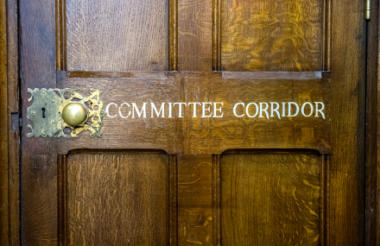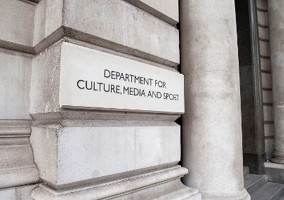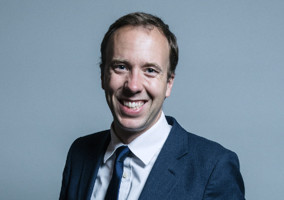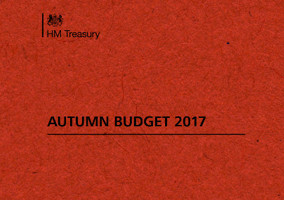Charity umbrella bodies have urged the government to engage more meaningfully with the sector to avoid policies which are damaging to charities and those they support.
Senior leaders from NCVO, the Charity Tax Group, Locality, the Institute of Fundraising and the Charity Finance Group were discussing how the chancellor’s next Budget could be used to support charities at the All Party Parliamentary Group on Charities and Volunteering, convened by NCVO yesterday.
Andrew O’Brien, head of policy at CFG, said the government needs to decide “what it thinks the point of civil society is”.
He said that a number of government measures in recent years had made things “more expensive” for the sector, because charities had not been considered.
He cited the apprenticeship levy as an example, as it “does not cover things like volunteering”. He said that CFG had been given assurances but “nothing ever came of that”.
He also suggested that tax policy should be the responsibility of Parliament, rather than the government of the day.
“Parliament can take a more cross-party long-term view,” he said, whereas governments end up focused on “undermining previous governments”.
‘Passing money around’
O’Brien said the current system where charities get tax reliefs in some areas and are then taxed in others feels like is just “passing money around”.
He urged the sector to be “bold” in calling for reform of the tax system because while it is difficult to quantify the sector's impact, “civil society is at the core” of many issues the government is grappling with.
He said the enthusiasm for the sector from Tracey Crouch, minister for civil society, and Matt Hancock, culture secretary, was a positive step but it will depend on “whether they will have the power to force the rest of government to listen to them”.
O’Brien said charities need to focus on getting government “sold on the big ideas” to establish the “political will to enable smaller changes”.
‘We need a strategic and engaged approach’
Elizabeth Chamberlain, head of policy at NCVO, said that what really matters is that the government takes a more “strategic approach” and engages better with the sector.
She said the government needs to understand that many of the sector’s activities “relieve the state”, and that is why they “should be encouraged” through a supportive tax environment.
Chamberlain said that in the past the government has been too short term, for example in how it awarded Libor funding.
“NCVO and the sector as a whole would have welcomed the opportunity to work with the Treasury on that,” she said.
‘We need to make the case’
Ed Wallis, head of policy and public affairs at Locality, criticised the government for not mentioning charities and community organisations in its recent industrial strategy.
“In the most serious attempt to grapple with long-term situation they didn’t find any room for talking about the social economy,” he said.
He added that it was “up to us to make the case” to government.
‘We must be credible’
Richard Bray, vice chair of the Charity Tax Group, said that it was important to for the sector to be seen as “credible” and to be realistic in what it asks for.
He called on the government to make its support for charities more accessible. He said that the gov.uk website is “very difficult for charities to navigate” and that HMRC helpline should be open for longer hours.
The helpline is only open between 8am and 5pm Monday to Friday, which is a “problem” as it is the “time most volunteers, including trustees, are at work”.
Be more targeted
Peter Kellner, chair of NCVO, asked whether it would be more “helpful” to “concentrate on one, two or three ideas” so that the sector could really “push them”.
He also suggested “broadening the base” and getting “buy in” for ideas from related organisations like trade unions or chambers of commerce to “make a politically impactful approach to the Treasury”.
Chamberlain suggested that the sector should offer proposals that strengthen what the government has already decided to do in order to cut through.
Lord Foulkes, Labour peer, recommended charities “find out what particular interests Treasury ministers have” to make their suggestions more appealing.
‘Deeply concerned about digital tax reforms’
Bray also said that while he was “in favour of the concept” of the government’s Making Tax Digital changes, he was “deeply concerned about the timescale”, with the requirement to submit VAT returns digitally due to come into force next year.
Part of the problem is that software has still not been made available for charities, he warned. “It’s a crisis waiting to happen, especially for small charities.”
‘Broken fundraising market’
Peter Lewis, chief executive of the IoF, told the audience that the government could do more to support smaller charities with fundraising training.
He said the market is “broken” as small charities can’t afford support.
Lewis said the IoF had run successful programmes to support small charities improve their fundraising, but that more could be done.
He also called for more support for legacy giving, as a way for the government to support the sector without picking particular causes.
|
Related articles












